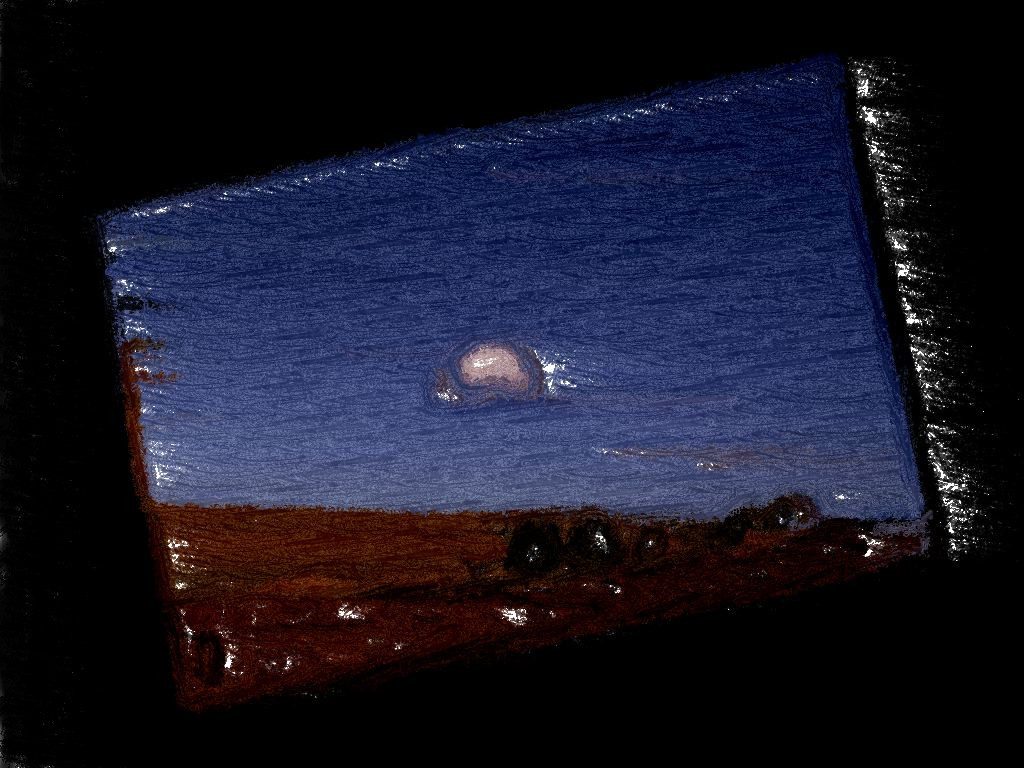side blog — Trilce
César Vallegotranslated by Michael Smith and Valentino Gianuzzi
Reviewed by Emiliano Llano Diaz" -->
Trilce is one of the most important books of the Peruvian avant–garde movement. It is considered as the renovation point in the renovation of Hispano–American poetic language; Vallejo turns away from the traditional models and incorporates some of the vanguard’s innovations. He submerges himself in a disconcerting trip through human condition never before explored.
Vallejo invents new words, breaks traditional syntax, animates adverbs and syllables, and converts adjectives in substantives, using automatic writing and other techniques used by the Dada and supra–realistic movements.
“Vusco volvvver de golpe el golpe…”
“Fallo bolver de golpe el golpe…”
(should be: Busco devolver de golpe el golpe)
It is a fact that when translating, and translating poetry in particular, the translator tries to figure out a way to not only translate words and ideas but also to do so while preserving the “rules” that the poet bound himself by. This should be done even if words do not correspond as well to the target language. As an alternative, rules can be “forced” a bit to better accommodate the final work.
In translating to English, that do not marks gender in predicate constructions; the translator must resort to other methods to supply the reader with the necessary information. Apart from modifying the original sentence by adding words and, consequently, changing the rhythm of the stanza, the translator sometimes slightly alters the focus of interest compared to the original text. Similarly, formal pronouns are almost always impossible to translate to English.
“Estáis muertos. Que extraña manera de estarse muertos. Quienquiera diría no lo estáis. Pero, en verdad, estáis muertos”
Estáis (to be) used here to refer the 2nd person plural with respect and politeness. Translated as “You are Dead”
“la mesa de un buen amigo he almorzado con su padre recién llegado del mundo,…” Here friend (amigo) is masculine. Vallejo is referring to a man, we have to wait until the second stanza to find it out (his father…)
It is one thing to enjoy a translated work and a very different to judge the literary quality by the translation. This second point is a big issue, since you normally judge the translator instead of the author. Nevertheless, Trilce’s translation, done through collaboration between Michael Smith and Valentino Gianuzzi, while being faithful to its meaning; conserves a maximum of precision. Thanks to a bilingual version and a whole set of translation notes at the end of the book, the stylistic resources and richness of meaning of Vallejo’s work can be fully appreciated.
Trilce
César Vallego
252 pages
Shearsman
Summer 2005
ISBN 0 907562 72 8
